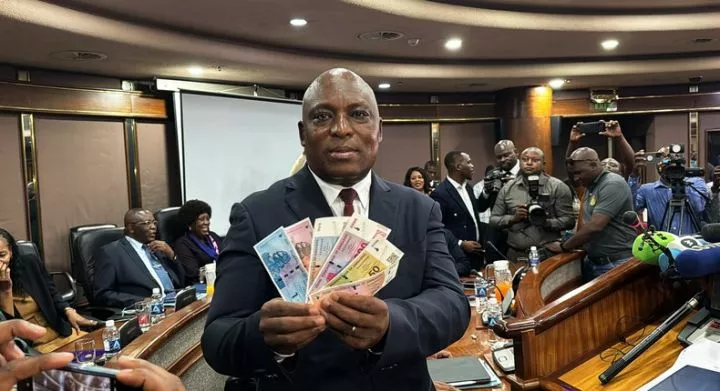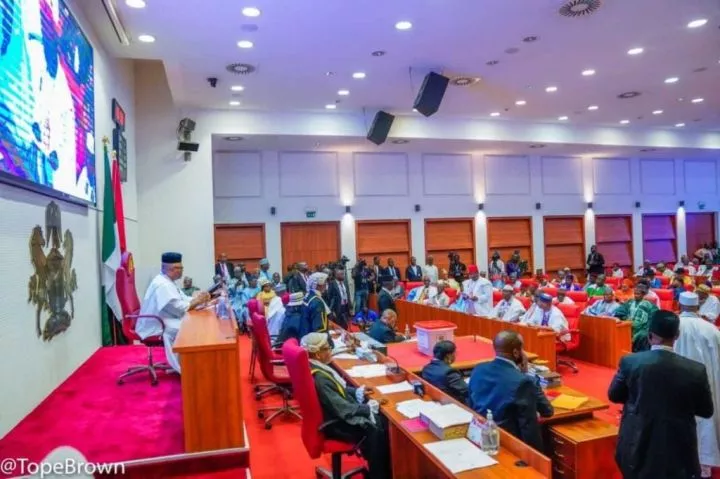
The government of Zimbabwe, in an attempt to mitigate the impact of the recent devaluation of the ZiG, has announced that salary raises and an annual bonus for civil servants in the country will be paid in US dollars.
According to the Minister of Public Service, Labour, and Social Welfare, July Moyo, the move by the government is aimed at uplifting lower-income employees from inflation and widespread poverty.
The Zig's rate was recently adjusted against the USD from 1:14 to 1:24.
Moyo confirmed to local media house The Sunday Mail that the Treasury has already set aside the required US dollars for government employees, including an increase in the US dollar component of their salaries.
"The government has allocated a substantial amount in US dollars to ensure that all civil servants benefit from these salary adjustments," said Minister Moyo. "Under the President's directive, we are prioritising salary increases for lower-income employees to help close the wage gap."
He added that the government has committed to paying civil servants their annual bonuses this year, with consultations on the timing of the 13th cheque nearing completion.
"We will make an announcement after consultations with Treasury, but the bonus payment is guaranteed," he said.
In April of this year, Zimbabwe launched the ZiG, which has been off to an abysmal start on the parallel market despite efforts by the Reserve Bank of Zimbabwe (RBZ) to support the foreign exchange system.

Following its launch, the Reserve Bank of Zimbabwe (RBZ) has employed different financial tactics to keep the ZiG afloat, including a blitz on illegal foreign currency traders in April.
Despite many attempts by the RBZ, critics believe that the bank has done very little to facilitate the smooth operation of the market.
To restore confidence in the currency market, the critics recommend that the bank streamline its processes, reduce bureaucracies, and address underlying issues like inflationary pressure.
They also advocated for deeper fiscal discipline, enhanced transparency, and clear communication from the RBZ to ensure long-term stability.

















Comments